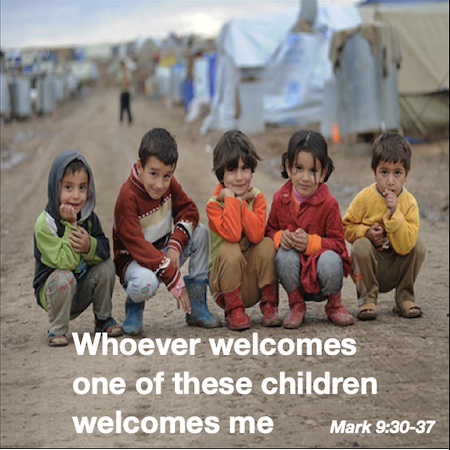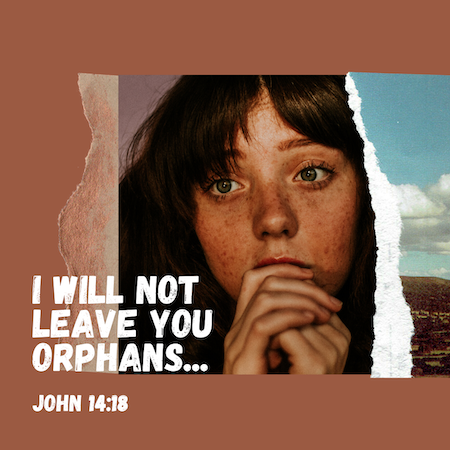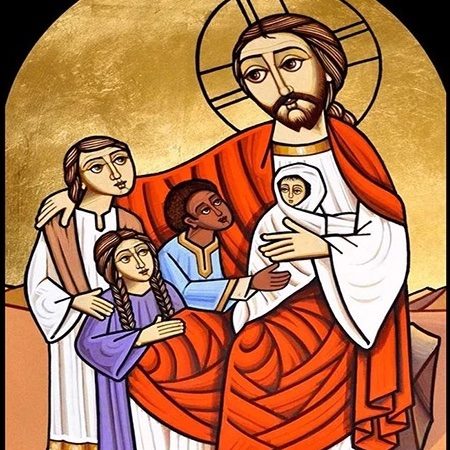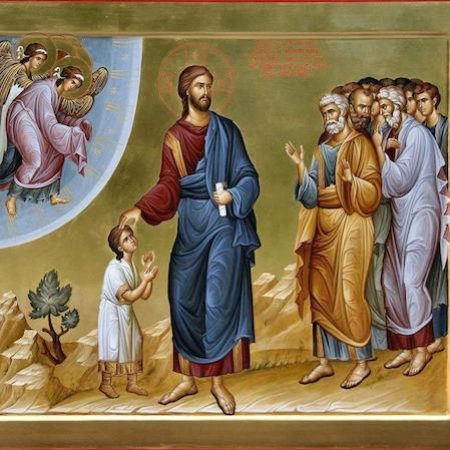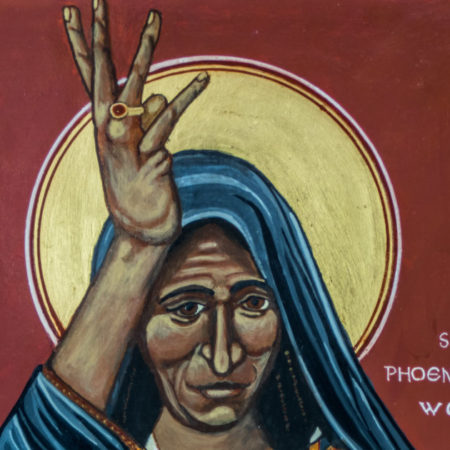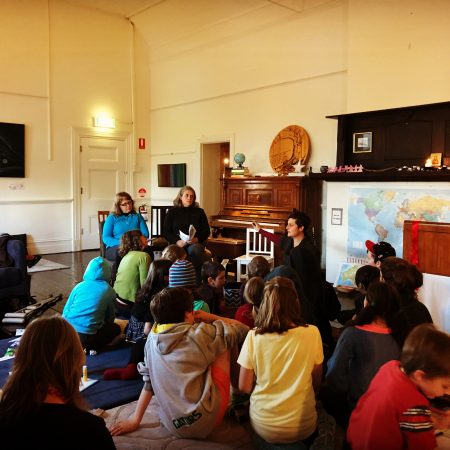Jesus offers himself to us to serve and bless us, and calls us to do the same in serving and blessing others.
Sermons on Children
We are not alone or orphaned. The one who creates, loves, reconciles, shows us the way to truth, shows us the way into the future is an abiding presence with us.
The usual interpretation of the binding of Isaac is that God requires us to sacrifice everything, even, if asked, our own children. But could a contextual awareness reveal a more life-giving reading?
The world finds the message of Jesus almost incomprehensible because it seems too simplistic and unrealistic to be taken seriously.
God comes to us in unexpected ways, and the break with conventional religious respectability is even more earth-shattering than the break with conventional reproductive biology.
The Kingdom of God can only be accepted the way a child welcomes a hug, not the way lawyers accept a divorce settlement.
Jesus calls us to follow his lead in bringing healing, hope and positive leadership to others, and not to be too worried about anxious and vexatious criticism.
Children are a sign of the Kingdom, and our capacity to welcome them is a measure of our capacity to welcome the culture of God.
Jesus opens himself to the experience of those who are excluded and responds with a radical opening of the Table of God’s communion.
Stories of life, worship and ministry from the new church we have helped to plant in Warrnambool, where more than half of the congregation are children.
We have been adopted as the children of a king who does not withhold his love until we comply, who does not ask us to sing for our supper, who does not use us or abuse us, but longs to bind up our wounds.
To grow up well, children need to be anchored to a broad community with shared values, which nevertheless allows for individual differences.
The Christmas story includes a message of God’s solidarity with and care for children and families who live in fear and who flee to seek refuge. We corrupt the message if we make it about our children and not all children.
God’s covenant of love and grace is made unconditionally, not depending even on our response, and so the promises are made to our children whether they respond or not.
In the growth of children, God reveals to us much of how we all should be growing and developing.
The childhood picture of Jesus’ development calls us to ensure that our relationship with God is our primary allegiance, our first responsibility and the foundation of our identity.

